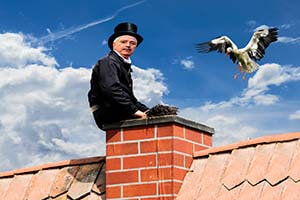Improve Your Intuition to Hone Your Hunches

Albert Einstein and Steve Jobs both regarded the intellect as secondary to intuition. Jonas Salk spoke of intuition tossing ideas up to him “like gifts from the sea.” Alan Turing said that mathematical reasoning resulted from two facilities: intuition and ingenuity. Henri Poincare believed that we prove things through science, but that we discover them through intuition.
Many of the world’s great thinkers and doers have been strong believers in the power of intuition. Probably because they were naturally gifted at applying their own well-developed intuitive abilities.
But what about the rest of us? How do we understand intuition better, and can we do anything to make ourselves more intuitive? Can we get into a mindset where we trust our hunches enough to follow them through?

